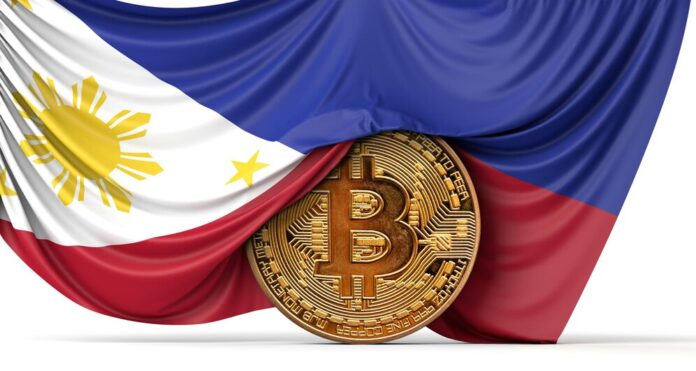The Governor of Bangko Sentral ng Pilipinas (BSP), Eli Remolona, has disclosed the central bank’s intention to launch a wholesale central bank digital currency (CBDC) in the coming years.
Remolona, in an interview with local news outlet Inquirer.net on Feb. 12, outlined the BSP’s strategy for developing a CBDC. Contrary to some central banks’ approaches, Remolona stated that the BSP will not utilize blockchain technology for the CBDC project, citing previous unsuccessful attempts by other central banks.
Focus on Wholesale CBDC Model
Instead, the BSP plans to implement the CBDC on a payment and settlement system directly owned by the central bank. This wholesale CBDC model will involve banks as intermediaries, as emphasized by Remolona. The decision to concentrate on wholesale CBDC stems from concerns regarding potential issues with retail CBDC, such as disintermediation and heightened central bank influence.
Remolona drew parallels with Sweden and China, both of which are actively developing CBDCs to complement physical cash and counter “rival cryptocurrencies.” He expressed confidence in the Philippines’ ability to replicate the experiences of these nations. According to Remolona, the introduction of the CBDC is expected to occur during his tenure as governor, with the possibility of implementation within the next two years.
Philippines SEC Upholds Ban on Binance
In a separate development, the Philippines Securities and Exchange Commission (SEC) reiterated its ban on Binance in December 2023 due to the exchange’s unregistered operations within the country. Despite repeated warnings, Binance has remained a prominent crypto trading platform in the Philippines. Users have praised its local services as “reliable and stable” on social media platforms.
Responding to public criticism, SEC Chair Kelvin Lee highlighted the compliance costs bypassed by Binance and advised investors to utilize one of the 17 registered virtual asset service providers. The Philippines maintains a strict stance on the crypto industry, aiming to safeguard the local market from unauthorized foreign entities.


